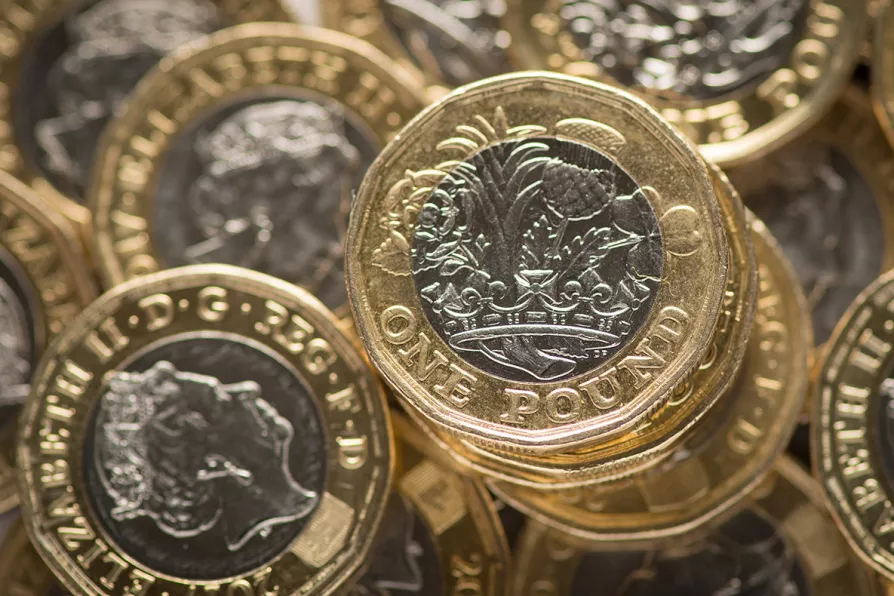Britain worst in G7 for inflation and economic growth since 2021 interest rate hikes, TUC finds


BRITAIN suffered the highest inflation and lowest economic growth in the G7 since interest rates were ramped up in 2021, new TUC analysis has found.
The union federation described the country’s economic performance as “dismal” compared to other leading economies, leaving families “clobbered” by soaring price rises.
Years of stagnation left workers “brutally exposed” to soaring energy and food bills as over this period prices shot up by 14.2 per cent while the economy grew by just 0.4 per cent, the research said.
More from this author
















